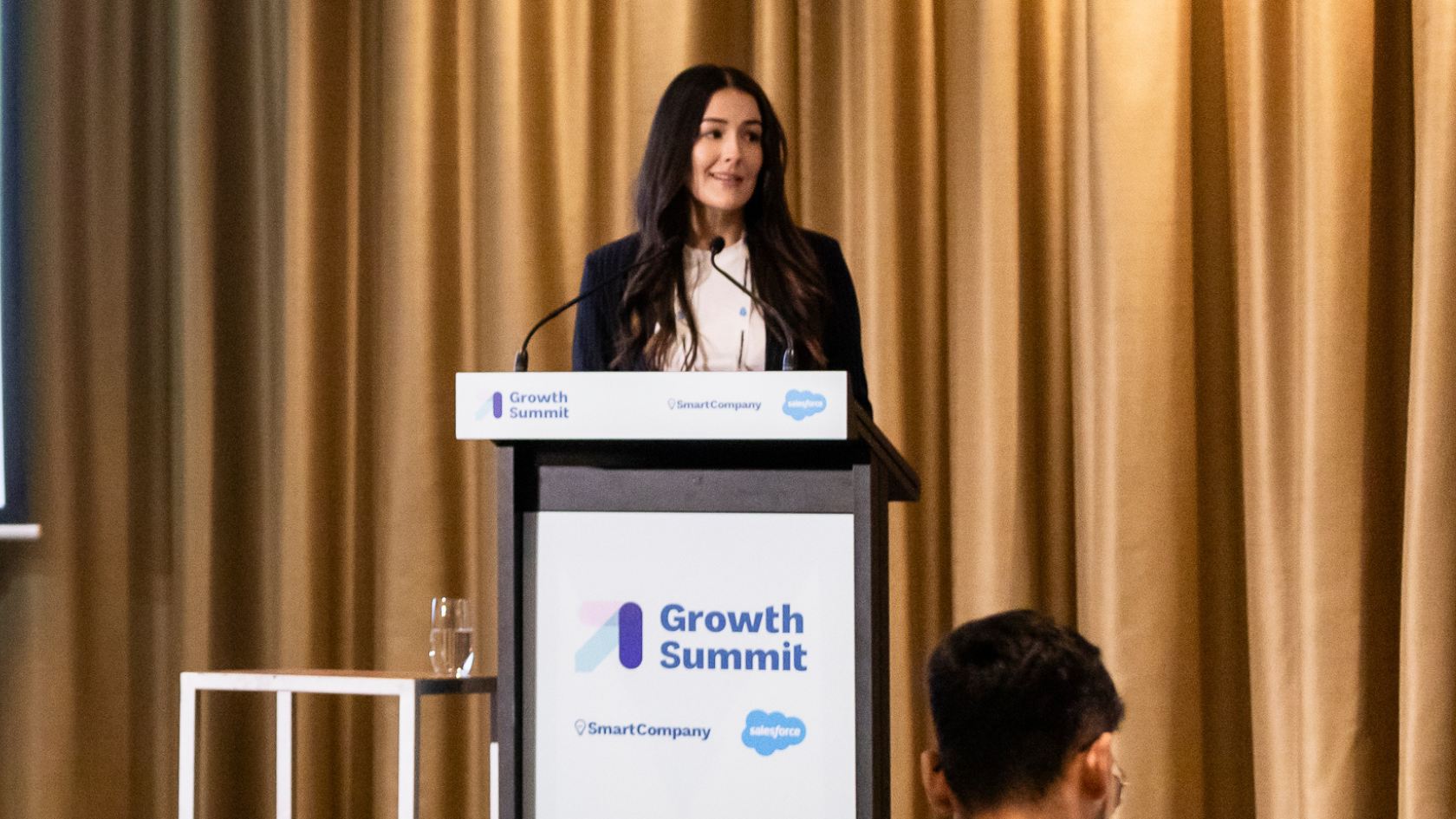Achieving scale is the goal of every emerging venture and being opportunistic with technology, knowing what to prioritise and having patience — possibly the hardest part — is the way to go from minor to major, according to those who learned these lessons from the trenches.
Airtasker CEO and co-founder Tim Fung uses a nightclub analogy to explain his approach to getting scale. This is something he has achieved in spades with his ASX-listed global online task marketplace.
“Scale is all about how you get the dance floor going. At the start of the evening, you have an empty room with no lighting, no cocktails, no furniture. So how do you get people up and dancing?” says Fung.
“Once you see it from the outside, it looks easy. But when you start, it’s hard to know what to do first. It’s the same with a platform business. You can do anything to scale it and the challenge is executing in roughly the right order. Because what works when you have a few people on the dance floor versus a 60,000 person festival is very different,” he says.
Fung, and the other experts and founders in this article, made these comments at the recent well-attended SmartCompany Growth Summit 2025.
As he noted, the right approach to scaling up also depends on the market. While Airtasker was born in Australia, it’s now international and regularly opens in new geographies.
“You have to go back to the drawing board to get the nightclub going in each new city,” says Fung.
Technology is the way to do that with some efficacy. While every business is exploring how artificial intelligence can truncate the mundane, a new version of this technology, agentic AI, is the secret sauce for any business that wants to achieve scale at speed. Unlike other tools, AI agents can reason and take actions on someone’s behalf.
“They can provide specialised, always-on support for customers and employees,” explains Amy Boulter, regional vice president of Small Business ANZ at Salesforce.
“AI agents can be programmed with contextual business knowledge to solve any challenges. Think about AI agents as your 24/7, always-on growth partner. This frees up your team to spend more time on things that are important in your business, while still giving your customers really specialised support.”
“This is causing a step-change in automation, which is a game-changer for scaling businesses. Ninety percent of businesses using AI report more efficient operations and efficiency drives scale,” says Boulter.
Agentforce, the agentic layer of the Salesforce platform, provides businesses with access to autonomous AI agents that can reason, respond, and act independently within guardrails across a business’s data. Australian businesses have a low tolerance for solutions that can only give generic responses, which is why they’re turning to agents that can tap into business data, reason and work alongside their customer-facing teams.
These agents are helping businesses manage routine tasks – such as providing accurate, trusted responses to customer queries 24/7 — and in the process, are improving the customer experience in real time.
Kudosity was one of the first companies to implement Agentforce in Australia. The firm helps small and medium-sized businesses drive authentic sales conversations. It has recorded impressive growth over the last couple of years because of the way it has integrated AI into its customer service. Its AI agent, Emily, supported by Salesforce Agentforce, gives customers a choice about whether they want to talk to a rep via an AI chat or to a person via phone.
“We want to free up our sales team and support team to handle more complex, high value inquiries from customers, but it’s about customer preference,” says Kudosity chief marketing officer Tori Starkey.
“If someone wants to speak to a human, we want to enable that really quickly and easily. So, we’ve taken that hybrid approach.”
Next on the software development roadmap for Kudosity is helping its team scale up inbound and outbound sales prospecting and making its customer support even better.
“We’re very excited about being able to offer customers a personalised welcome page with bespoke content,” says Starkey.
Using data as a basis for decision making is vital when building a business. Nathan Yun is the CEO and co-founder of local sock startup, Paire. He says being prudent about investing in products is one way to secure a growth spurt, given 80% of revenue tends to come from 20% of stock.
“With inventory, we always have to make sacrifices on products to launch and what we can pull back on. We make very data driven decisions on these things,” says Yun.




